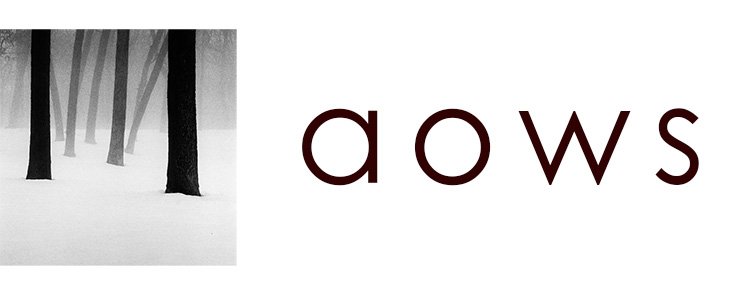This might be one of the biggest misconceptions about landscape photography, and some might frown upon but I'm going to say it: you don't have to go deep in the wilderness to take amazing landscape photos. In fact, a lot of the greatest shots were taken either from a car or from the side of the road.
Ansel Adams photographing Yosemite from the top of his car. Cedric Wright, Ansel Adams: Photographing in Yosemite, 1942, gelatin-silver print, Collection Center for Creative Photography, The University of Arizona, © 1942 Cedric Wright
Ansel Adams took advantage of this, using his car as an elevated platform to get the best view. He wasn't the only one, of course.
Sure, Ansel took plenty of shots while hiking and even climbing. You could also argue that he had very good reasons to use his car that way; after all, his gear was pretty heavy. "He'd be roaming free with a mirrorless camera!".
I honestly doubt it. If you have done landscape photography, you might recognize the story: a long, strenuous hike to a jaw-dropping place, just to come back with barely decent shots.
Turns out, if you are tired, you won't be as creative. You are prone to make more mistakes as well.
Even worse, your photos will have attached feelings: it took you a lot of effort to get those shots, so they must be good. You need to learn how to look at them like they were someone else's shots. Would you still like them the same way if you didn't know it took the photographer hours to get there?
It makes for a great story, but it doesn't make the photo any better.
I took this photo next to my car, in Mt Rainier National Park. That drive was very productive and I was able to find several compositions that I liked.
It took me two days to get up here (hiking and some scrambling) and make this image (taken with a Holga by the way, because the Bronica was too heavy). And while I love it, I don't have another photo from that trip that I like.
Going back to Ansel's work as example: show someone who doesn't know the story behind them the images "Moon and Half Dome" and "Monolith, the Face of Half Dome", and ask them which one they like the most. Some will say the latter, some will prefer the former. What they don't know is that one of them was taken after a hard four-thousand-foot climb, and the other one was captured after a short walk from the car.
I'm sure you can find similar examples in your own work as well. I sure do find them in mine.
Before I finish this post, let me make it clear just in case: as a landscape photographer, you must get out there and move your behind. It's not only a good way to get unique images, but in order to capture a place you need to understand and feel it. That might require some time alone with nature.
But do not underestimate "car photography", and don't be ashamed of it. Instead, use it to your advantage!

